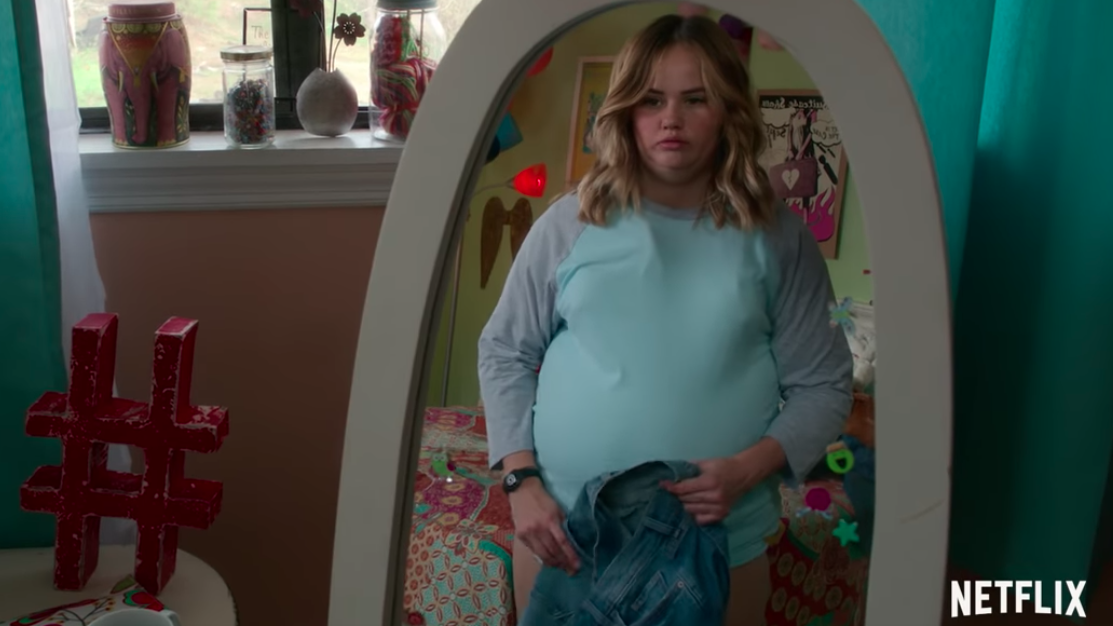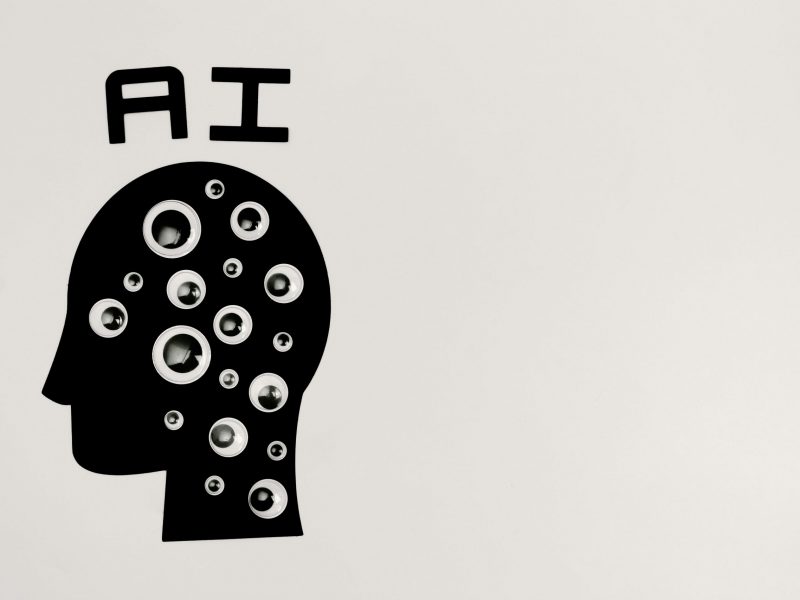As a woman who rides the fine line between straight- and plus-size clothes, I face a lot of struggles in my life. I can never find pants that fit in Urban Outfitters, I have to yawn to hide my heavy breathing after walking up stairs and my doctor still asks me when I’m going to lose weight even though I’ve stayed a consistent size for two years now.
Mean girls have never taunted me through a bullhorn in a school cafeteria, nobody in grade school spray-painted a pig onto my locker and I’ve never used shedding some pounds or gaining confidence as an excuse to become a vengeful, violent Regina George.
Netflix’s Insatiable trailer touts all of those dramatic falsehoods of what it means to be a fat girl in high school. Based on the trailer, this series will focus on how main character Patty (played by skinny actress Debbie Ryan in a fatsuit) — who appears to be the only fat person in her entire school — undergoes dramatic weight loss thanks to her jaw being wired shut for a summer (so healthy!), turning her from an undesirable slob to a hottie seeking revenge.
The trailer received a lot of backlash on Twitter from fat people, body positive activists and people with general common sense. Among them was Roxane Gay, author of “Hunger,” a memoir about her experiences using food as a coping mechanism and being overweight and obese.
Ahhh yes, a fat girl could never stand up for herself while fat and of course she has to be assaulted and have her mouth wired shut before she becomes her best self, her skinny self. Good to know!
— roxane gay (@rgay) July 22, 2018
Ryan herself defended the series on Twitter, saying, “Patty doesn’t starve herself skinny. She snaps and undergoes a physical transformation, but it doesn’t make her happy. … We’re out to turn a sharp eye on the broken, harmful systems that equate thinness with worth.”
There are plenty of other ways to do that without playing into the false narratives of unrealistic school bullying or overplayed transformation tropes, such as creating fat characters whose fatness has nothing to do with their storyline or development.
In the trailer’s narration, Patty says, “While my classmates were out losing their virginity, I was at home stuffing another hole,” as if fat people cannot be sexual. She later adds, “Now I could be the former fatty that turned into a brain or an athlete or a princess,” as if the only personality trait fat people can carry is their weight.
In high school, not only was I bigger than my peers but I was also an involved student. By some miracle, I was actually able to be fat and a member of a cappella groups, on the school newspaper and other clubs while having friends, romantic partners and part-time jobs. It’s truly unbelievable that people with average-sized bodies (the average American woman is a size 16 or 18, so yes, I do mean average) are able to do average person things.
Being fat isn’t something to overcome, it isn’t unattractive to be fat and I wish media could create a fat character for teenage girls like me to look up to who is already confident in her body — and herself — without having to undergo some massive physical change.
Fat girls can’t find inspiration in characters who are miserable because they look like us. We need more characters like Dr. Mindy Lahiri (Mindy Kaling) of The Mindy Project, who refers to herself as chubby the whole series, dates tall, skinny men and is confident in her “ass that won’t quit.” We need more characters like Queenie (Gabourey Sidibe) from American Horror Story, who is ridiculed for her size but still exudes confidence and intelligence while honing in on supernatural powers. We need happy fat girl characters who aren’t the butt of every joke.
I am fat, I am beautiful and I have no desire to look different — I don’t understand why Netflix couldn’t focus their energies on a character who feels the same way.



